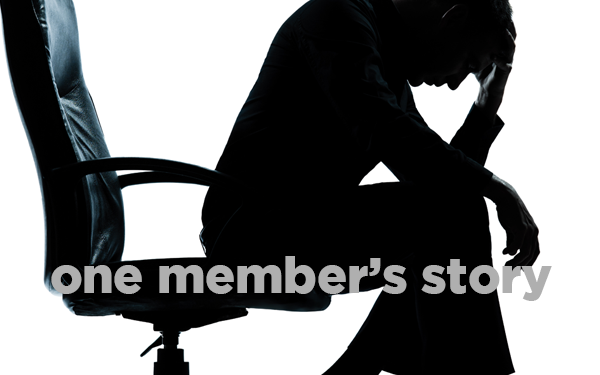A Union of National Employees member shares a personal experience of discrimination as a member of the LGBT community and its lasting impact.
Greetings,
In light of the Prime Minister of Canada’s apology on November 28th regarding the federal government’s discriminatory practices toward the LGBT community, I wish to share my own personal experience with you and encourage other federal government employees to get on board with the class action.
At the end of the 70s, I applied to a competition open to university graduates at Foreign Affairs for foreign assignments. During the ensuing RCMP security investigations, I declared, in good faith, that I was homosexual. Following the investigation, they refused to add me to the list of candidates for a position in the department. Through the Access to Information Office, I put in a request to have access to the investigation report. The entire report was essentially positive, but certain portions were struck out. I then communicated with people who had been contacted during the investigation only to realize that the struck-out information was linked to confirmation of my sexual orientation. I called upon the Human Rights Commission and it rendered a positive decision against this discriminatory situation. Thereafter, the Department of Foreign Affairs accepted to put me on the list of candidates, but a few months later the list was eliminated. I never got the chance to work there.
On the strength of my master’s degree in International Relations, I resolved to work with various community organizations — the only positions available to me at the time. It wasn’t until 2000, at the age of 45, that I finally attempted once again to enter the federal public service. I then obtained a position at Human Resources and Social Development Canada. Six years later, in 2006, I got the opportunity to transfer to the Canadian International Development Agency and, thereafter, to Global Affairs Canada during the amalgamation of the two departments.
Such a long road travelled… from the initial competitive process when I was discriminated against to my entry at Global Affairs Canada. Thirty-three years have gone by! Due to the missed opportunity of getting into my department at the end of my university studies, here I am, in my early 60s, having to work until I’m 65 years old to obtain a decent pension and this despite my 24 years of seniority. I can’t complain as life has nonetheless been good to me. However, I simply wanted to state what impact these discriminatory decisions have had on my life’s course.
I am convinced that many of you have also had a career path made more difficult due to the prevalence in the past of discriminatory policies within the federal government. Therefore, I encourage you to do the same thing as me and take part in the class action. This obviously will not be a solution to everything. However, it will provide some compensation for the difficulties we have encountered.
I thank you for hearing out my testimony!
